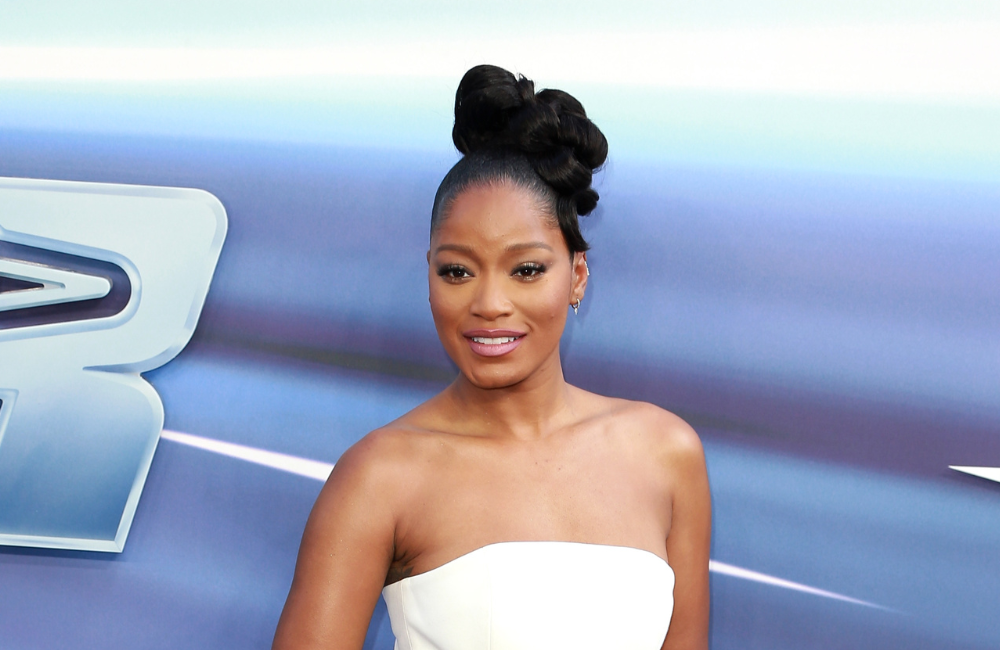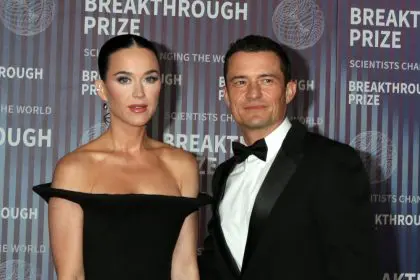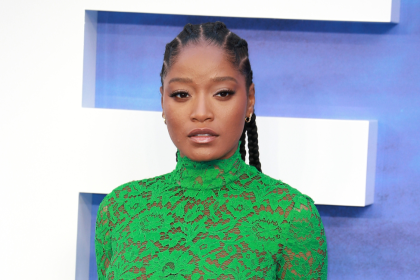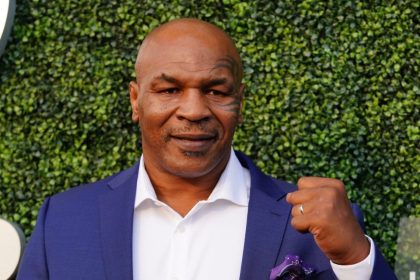Keke Palmer found herself defending her editorial choices after her production team shelved a completed podcast episode featuring embattled actor Jonathan Majors. The actress and television personality publicly criticized the decision during a recent appearance on Power 105.1 FM’s “The Breakfast Club,” igniting debate about media responsibility in Hollywood’s charged atmosphere.
The incident underscores the complex challenges facing entertainment media as they balance controversial content with audience expectations and ethical considerations.
Palmer’s commitment to unbiased dialogue
Palmer’s podcast, “Baby, This Is Keke Palmer,” has established itself through authentic conversations with celebrities and public figures. The show’s format encourages guests to speak candidly, allowing audiences to form independent conclusions about personalities and topics discussed.
Palmer emphasized her dedication to remaining unbiased during the radio interview. She explained that meaningful conversation requires space for dialogue to exist, even when audiences may disagree with a guest’s actions or character. Her approach reflects a belief that authentic journalism involves presenting multiple perspectives rather than filtering content based on public sentiment.
The shelved episode was recorded in April, during Majors’ promotional tour for Magazine Dreams, an independent drama showcasing his performance as an obsessive bodybuilder. The timing proved problematic as the interview was completed shortly before serious allegations emerged against the actor.
@breakfastclubam Keke Palmer keeps it 💯 about that shelved Jonathan Majors interview! “Let the public decide” – she said what she said 🗣️ @kekepalmer ♬ original sound – The Breakfast Club
Production team’s safety concerns
Palmer’s production team cited potential backlash and sensitivity surrounding Majors’ legal situation as primary factors in their decision to pull the episode. The team worried about public reception and the appropriateness of platforming someone facing domestic violence allegations.
Palmer acknowledged these concerns while expressing frustration with the outcome. She stated that while she understood reasoning about audiences potentially not receiving value from the interview, she disagreed with completely silencing the conversation. The actress emphasized her commitment to respecting differing viewpoints while maintaining her belief in open dialogue’s importance.
Her position highlights a growing divide within media circles about whether controversial figures should receive platforms during active legal proceedings.
Majors’ dramatic career shift
Majors exemplifies the rapid trajectory changes that characterize modern Hollywood careers. The Yale School of Drama graduate gained critical acclaim through performances in The Last Black Man in San Francisco and HBO’s Lovecraft Country, establishing himself as a promising talent.
His casting as Kang the Conqueror in Marvel’s cinematic universe represented a career pinnacle, positioning him as a central figure in future franchise storylines. However, domestic violence allegations dramatically altered his path. Marvel Studios terminated their relationship, and Magazine Dreams faced distribution challenges despite positive festival reception.
Clarifying controversial comparisons
During her radio appearance, Palmer addressed criticism of comparisons she made while discussing the situation. She clarified that she was not equating Majors with more extreme criminal cases but rather emphasizing the principle of allowing dialogue regardless of uncomfortable subject matter.
The clarification demonstrates Palmer‘s attempt to balance advocating for open conversation while acknowledging the serious nature of allegations against her intended guest. Her approach reflects broader questions about accountability, redemption, and media’s role in shaping public discourse.
Industry-wide implications
Palmer‘s experience illustrates complex decisions facing content creators when public opinion can rapidly impact careers. The entertainment industry increasingly grapples with questions about when and how to engage with controversial figures.
Some observers argue that Palmer’s commitment to dialogue represents responsible journalism enabling informed audience decisions. Others contend that providing platforms to individuals facing serious allegations can minimize victims’ experiences or normalize problematic behavior.
Future possibilities
Despite disappointment over the shelved episode, Palmer remains optimistic about eventually releasing the conversation. She suggested that timing and context might eventually align to make the content viable for public consumption.
Her experience serves as a case study for media personalities navigating similar challenges. As entertainment industry standards continue evolving around controversial content, Palmer’s stance on maintaining dialogue while respecting concerns offers one approach to these difficult decisions.
The situation extends beyond individual cases, touching on fundamental questions about media responsibility and conversation’s role in processing complex social issues.
















